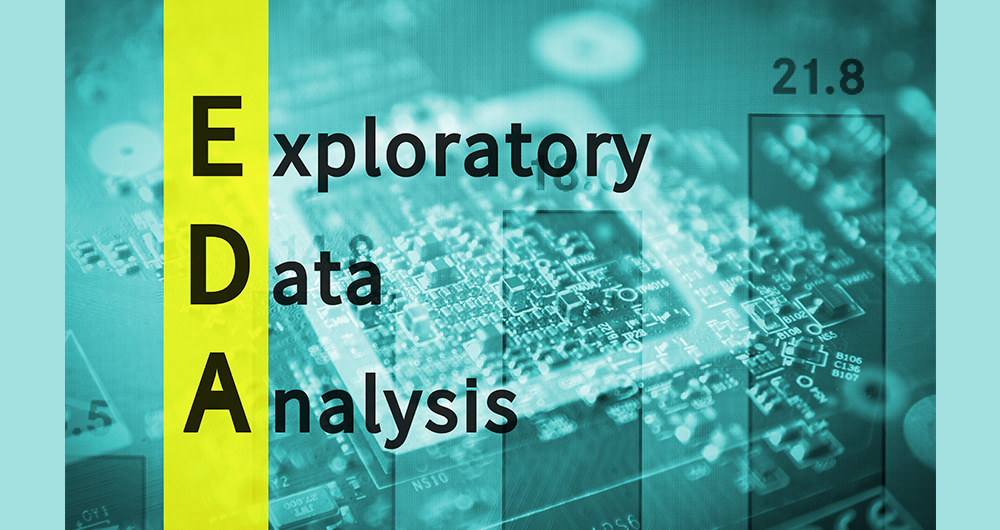Data science has become a pillar of evidence-based decision-making in the public and private sectors. In this context, there is a need for a practical and universal guide that transcends technological fads and provides solid and applicable principles. This guide offers a decalogue of good practices that accompanies the data scientist throughout the entire life cycle of a project, from the conceptualization of the problem to the ethical evaluation of the impact.
- Understand the problem before looking at the data. The initial key is to clearly define the context, objectives, constraints, and indicators of success. A solid framing prevents later errors.
- Know the data in depth. Beyond the variables, it involves analyzing their origin, traceability and possible biases. Data auditing is essential to ensure representativeness and reliability.
- Ensure quality. Without clean data there is no science. EDA techniques, imputation, normalization and control of quality metrics allow to build solid and reproducible bases.
- Document and version. Reproducibility is a scientific condition. Notebooks, pipelines, version control, and MLOps practices ensure traceability and replicability of processes and models.
- Choose the right model. Sophistication does not always win: the decision must balance performance, interpretability, costs and operational constraints.
- Measure meaningfully. Metrics should align with goals. Cross-validation, data drift control and rigorous separation of training, validation and test data are essential to ensure generalization.
- Visualize to communicate. Visualization is not an ornament, but a language to understand and persuade. Data-driven storytelling and clear design are critical tools for connecting with diverse audiences.
- Work as a team. Data science is collaborative: it requires data engineers, domain experts, and business leaders. The data scientist must act as a facilitator and translator between the technical and the strategic.
- Stay up-to-date (and critical). The ecosystem is constantly evolving. It is necessary to combine continuous learning with selective criteria, prioritizing solid foundations over passing fads.
-
Be ethical. Models have a real impact. It is essential to assess bias, protect privacy, ensure explainability and anticipate misuse. Ethics is a compass and a condition of legitimacy.

Finally, the report includes a bonus-track on Python and R, highlighting that both languages are complementary allies: Python dominates in production and deployment, while R offers statistical rigor and advanced visualization. Knowing both multiplies the versatility of the data scientist.
The Data Scientist's Decalogue is a practical, timeless and cross-cutting guide that helps professionals and organizations turn data into informed, reliable and responsible decisions. Its objective is to strengthen technical quality, collaboration and ethics in a discipline in full expansion and with great social impact.
Listen to the podcast (only available in Spanish)
Content prepared by Alejandro Alija, expert in Digital Transformation and Innovation. The contents and points of view reflected in this publication are the sole responsibility of the author.



